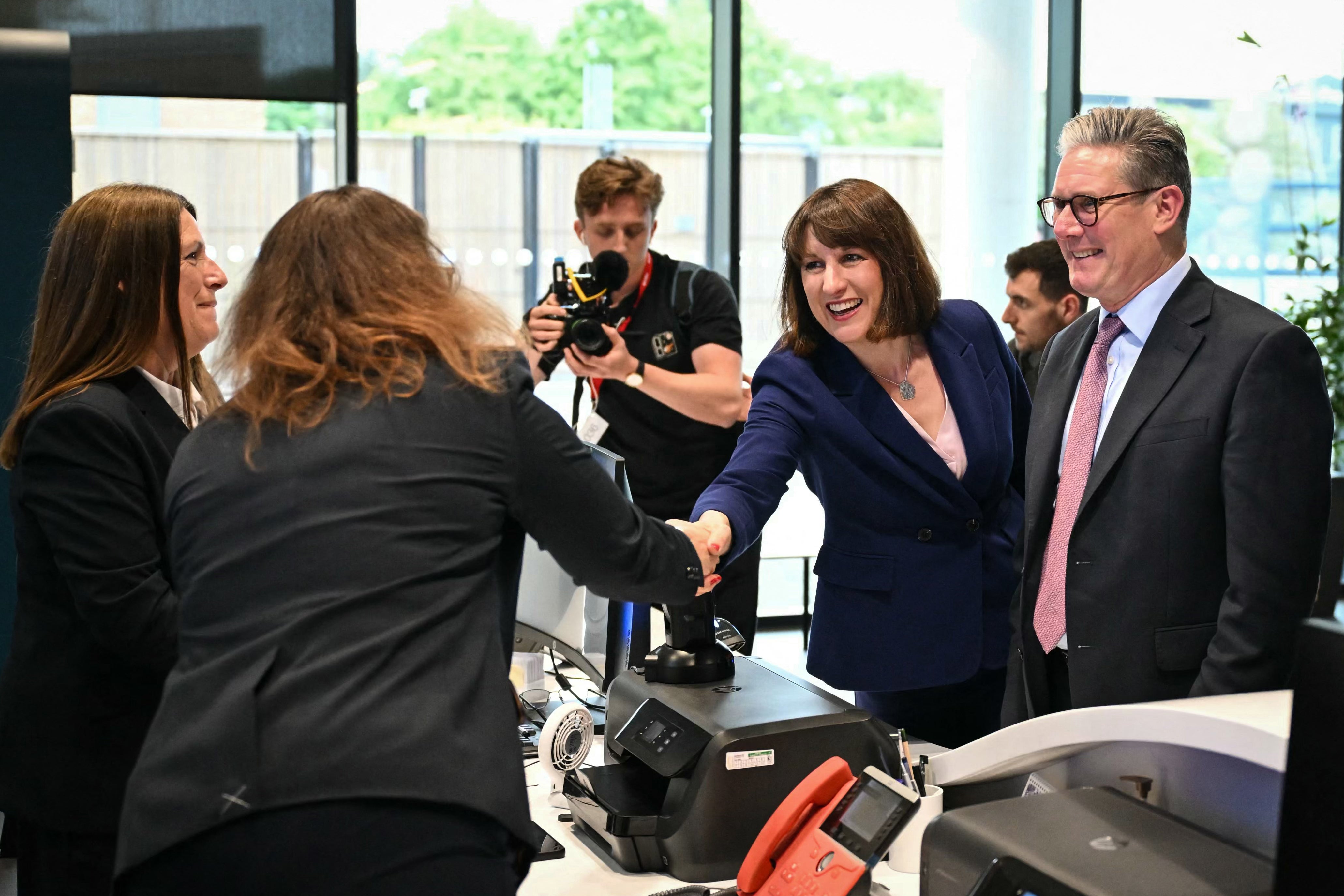Why this election will be decided by ‘Stevenage woman’
Forget Essex man, Mondeo man, Workington man… the archetypal swing voter now lives in the Hertfordshire town where I grew up – and she too is feeling the pinch, says Clair Woodward


At last! My hometown has found its rightful place – at the beating heart of the 2024 general election – after the Labour Party decreed that “Stevenage woman” is the voter demographic they need to attract to secure a majority.
Every election must have a political stereotype: the Conservatives won a surprise victory in 1992 thanks to support from “Essex man”, with John Major only realising on election night that he had five more years when Basildon failed to go red; “Mondeo man” was born at the 1996 Labour conference when Tony Blair identified his key supporter – a thirtysomething middle-income homeowner with a nice car to polish.
The 2019 stereotype that called it for Boris Johnson was “Workington man”, a Brexit-supporting rugby league fan who defied his red wall Labour roots to switch to the Conservatives.
As for Stevenage woman, she was first mentioned last year in a think tank Labour Together’s report and was discussed on Woman’s Hour earlier this week. But who is she?
She is described as someone who “certainly isn’t finding life easy”. Thanks to the cost of living crisis, “she’s worried about her household finances. Her and her husband’s salaries, though close to the national average, are consumed by rising bills and a newly stinging mortgage payment. More concerned with the travails of everyday life, she is not politically engaged.”
Frankly, she sounds a bit of a drudge. But Keir Starmer has been doing his best to make her feel special, including the Hertfordshire town on his campaign tour earlier this week, where he visited the Airbus factory – days after Rishi Sunak put in an appearance. It’s a key Labour target seat, ranked number 98, which the party would take on a 9 per cent point swing from the Tories.
My parents moved to Stevenage, the first post-war new town, in the Fifties, from a flat in London where the woman downstairs was running a knocking shop. They were awarded a three-bedroom house with a fairly large garden, and my sister and I grew up there, benefitting from all that post-war socialism had to offer. The houses were great, the environment was pleasant.
Britain’s first pedestrianised shopping centre was smart, and there was a proper sense of pride and community which arose from the town being something really special, built for Londoners who had been bombed out of their homes, or living in hugely unsuitable ones.
Residents felt part of the town, with local committees formed to contribute to planning and neighbourhood issues, and it also felt like a good place for women. They could raise a family in their new all mod cons home, send them to a good school, work in one of the many factories and travel to and from there using the town’s pioneering cycle network. They could let their hair down at the fabulous Locarno Ballroom and dance to all the top groups, and do some rather classy shopping. Stevenage woman in the 1970s was having quite the time.
Not so much now. Many of the town’s big employers left years ago, council houses were sold off and the town centre is full of empty units, and reeks of greasy fast food; I believe this is a legacy of the Tories. That sense of hope and confidence of the new town pioneers has totally gone; it’s now largely a dormitory town of those who work and spend their money elsewhere.
Labour needs to re-ignite the spirit of aspirational working- and middle-class women who built Stevenage. Make them feel part of their communities and able to be part of shaping them to make them feel a part of the political process, rather than a pawn in it. Should it convince Stevenage woman and win the election, it plans a wave of new towns in its first year of government.
Women both at home and in the workplace shaped the town’s initial success, and the values it stood for – good housing, jobs, a feeling that you can better yourself and a sense of community – are ones which are important to Stevenage woman. The Tories battered down these values in the women of the town; investing in them and trusting in them more is good for everybody.
Join our commenting forum
Join thought-provoking conversations, follow other Independent readers and see their replies
Comments
Bookmark popover
Removed from bookmarks